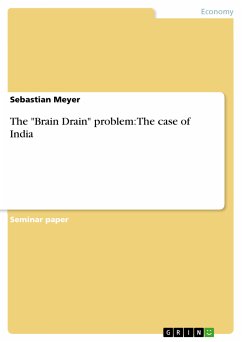Bachelor Thesis from the year 2004 in the subject Economics - Case Scenarios, grade: 1 (A), Vienna University of Economics and Business (New Media Lab), course: Baccalaureut Work, language: English, abstract: The liberalization of the European electricity market is supposed to reduce electricity prices by opening up to competition and by promoting integration of the common European market. Deregulation allows energy consumers to choose their electric energy supplier and therefore dissolves electric utility monopolies. The resulting re-regulation and restructuring of the electricity industry has created oppor-tunities and challenges that need to be addressed to ensure long-term capacity sustainability. The promise and benefit expectations of electricity market liberalization may need to be tempered by the reality of the process. Market liberalization of the electricity supply sector depends on many different factors and boundary conditions in the EU. In order to analyze these issues, we will use Austria as an example showing the development in liberalization, deregulation, and even re-regulation processes and the impact on the industry structure and final consumer pricing. Given the industry structure, incentives to invest in the Austrian transmission and distribution networks remain to be established. We will show that high inflexible taxes and monopoly protected transmission costs, both together account for 80% of the price of electricity. Moreover, only 20% of the electricity market is liberalized and thus any price reductions due to the liberalization of the market will be minimal and therefore possibly "non existent" in Austria.
Dieser Download kann aus rechtlichen Gründen nur mit Rechnungsadresse in A, B, BG, CY, CZ, D, DK, EW, E, FIN, F, GR, HR, H, IRL, I, LT, L, LR, M, NL, PL, P, R, S, SLO, SK ausgeliefert werden.









